[ad_1]
Thinking about sprucing up your home? Renovations can be an exciting adventure, but they often come with their fair share of hurdles. If you’re a Malaysian homeowner planning to give your space a makeover, you’ll want to read this first! It turns out, many of us stumble into the same traps during the renovation process. From mismanaging budgets to overlooking crucial permits, these common blunders can lead to headaches and heartaches down the road. So, before you dive headfirst into your dream project, let’s take a moment to explore the top 5 mistakes Malaysian homeowners tend to make during renovations. Trust us, you’ll want to steer clear of these pitfalls!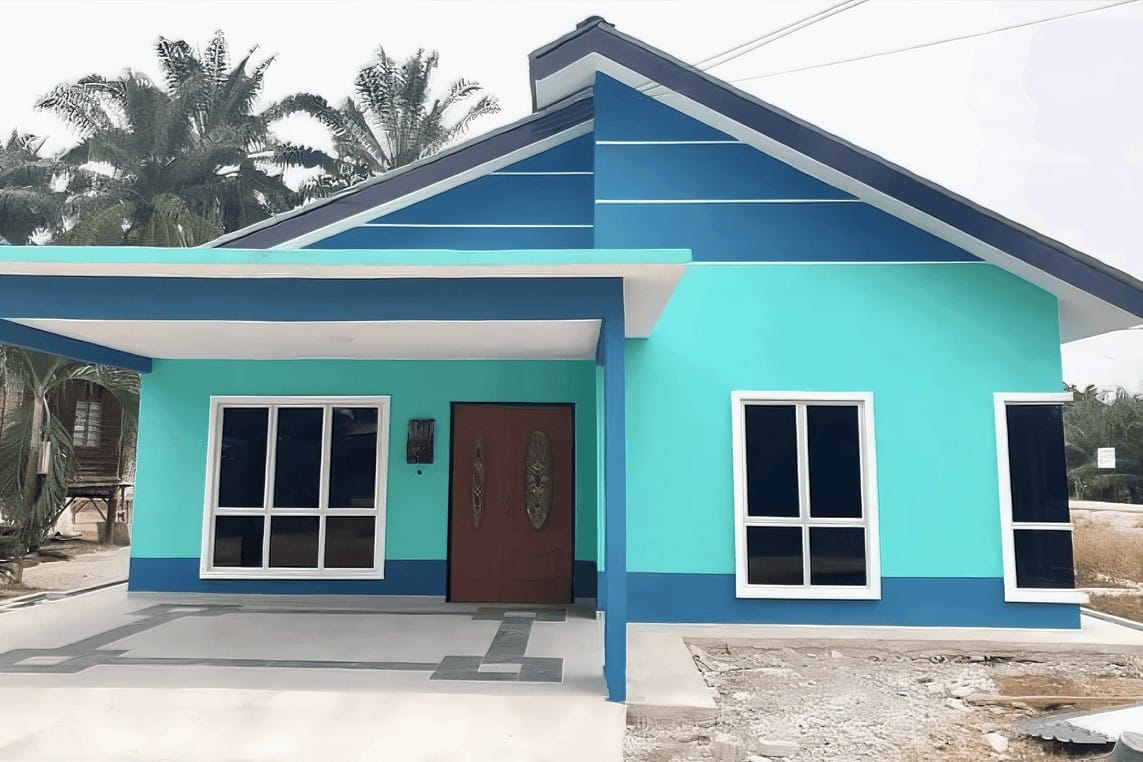
Understanding Common Missteps in Home Renovation
Renovating a home is exciting but can quickly turn into a nightmare if you’re not careful. One common mistake is underestimating the budget. It’s super easy to get carried away with ideas that look good on Pinterest but don’t factor in the real costs. Many homeowners forget to include essential elements like permits, material upgrades, and labor wages. It’s crucial to set aside a contingency fund, perhaps around 10-20% of your total budget, just in case something unexpected pops up.
Another pitfall is neglecting to plan for the future. It’s great to design a space that looks good now, but what about five years down the road? Homeowners often focus too much on current trends without considering practicality. For example, if you’re adding a fancy kitchen island, think about whether it fits your lifestyle over time. Will you be entertaining larger groups? Do you need space for kids to do homework? A bit of foresight can save you from costly renovations in the future.
there’s the drawback of overlooking the power of a good contractor. Some homeowners try the DIY approach or choose the cheapest contractor, which can lead to shoddy work. You want someone who understands your vision and executes it well, even if it costs a bit more upfront. Look for reviews, ask for references, and don’t be afraid to conduct interviews. Remember, you’re not just hiring a contractor; you’re partnering with them in creating your dream home!

Navigating Budget Overruns Effectively
When embarking on a renovation journey, it’s easy for homeowners to lose sight of the budget amidst the excitement. To navigate the treacherous waters of budget overruns, begin by setting a clear and realistic budget from the get-go. Include a buffer of at least 10-20% to accommodate unexpected expenses, like those pesky hidden repairs or design tweaks you weren’t prepared for. Remember, it’s always better to plan for surprises than to otherwise scramble last minute.
Communication is key in likening your renovation project to a symphony; every participant must be in tune. Regular check-ins with contractors can help ensure everyone is on the same page regarding timelines and material costs. If you sense a potential issue, address it sooner rather than later. This approach not only keeps the project on track but also saves you from nagging price inflation. Create a habit of reviewing your project costs weekly to catch anomalies before they escalate.
Lastly, consider leveraging local suppliers and DIY solutions wherever possible. Not only can sourcing materials from nearby vendors save you shipping costs, but it can also lead to discovering great deals on quality items. Get creative with DIY aspects of your renovation; it could be as simple as painting a room or upcycling furniture. The more involved you are, the more informed decisions you’ll make, keeping your budget intact while fulfilling your vision! Here’s a simple table to help track potential savings:
| Area | DIY Option | Estimated Savings (MYR) |
|---|---|---|
| Painting | Self-paint walls | RM 500 |
| Furniture | Upcycling old furniture | RM 400 |
| Gardening | Create a small garden | RM 300 |
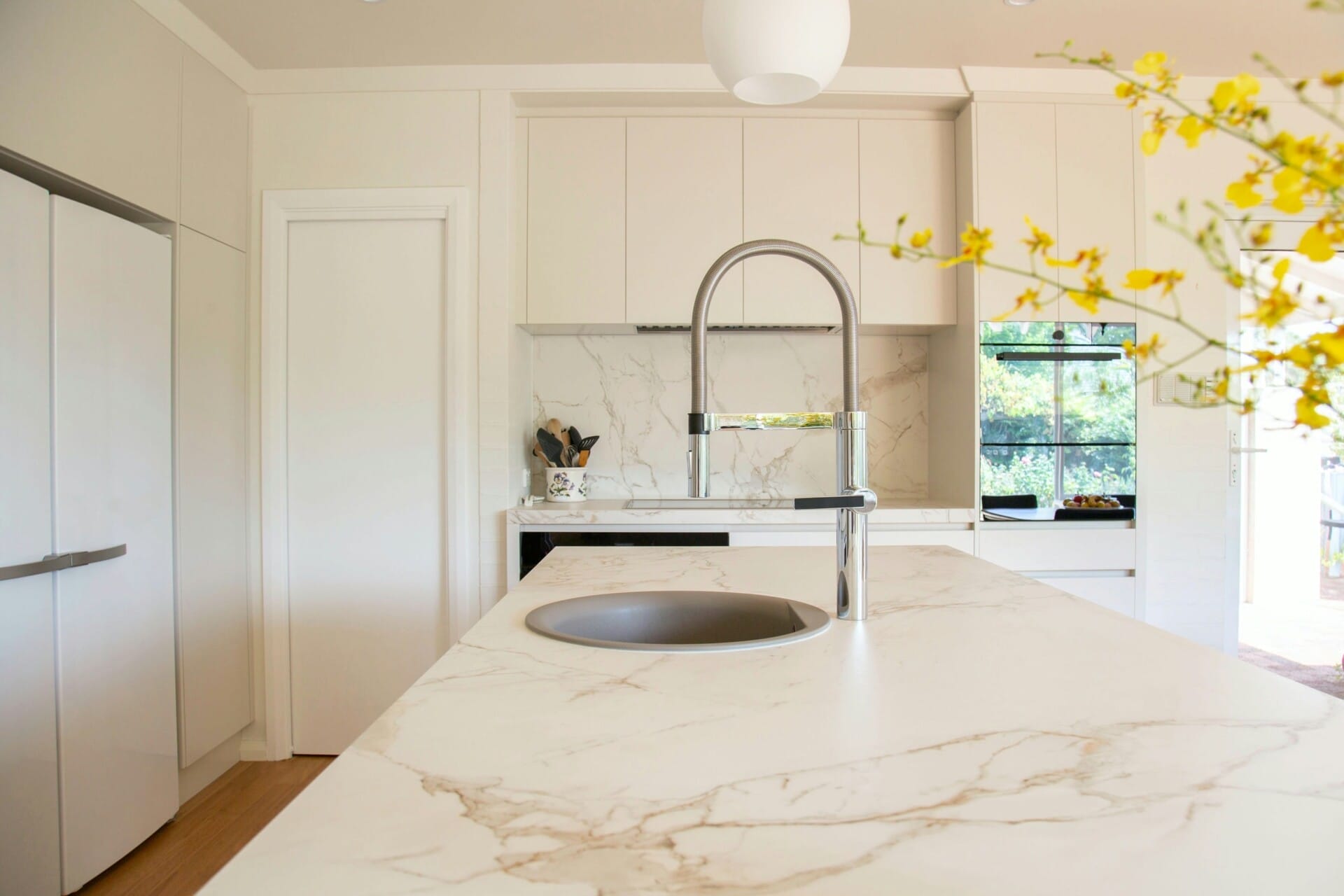
Choosing the Right Materials Without Compromise
When it comes to renovations, selecting the right materials can make or break your project. Many homeowners think they can save money by opting for cheaper options, only to find themselves facing costly repairs down the line. Instead, consider investing in quality materials that stand the test of time. Look for suppliers who pride themselves on offering durable products that blend functionality with aesthetic appeal. It’s crucial to weigh both the *cost* and *quality* of materials during your decision-making process.
It’s also important to research the environmental impact of the materials you choose. Eco-friendly options are becoming increasingly available, offering benefits like improved indoor air quality and reduced energy costs. Whether you’re leaning towards bamboo flooring or recycled tiles, embrace the thought of sustainability as a core value in your renovation. Talk to your contractor about *green materials* and see how they can fit into your project.
| Material | Benefits | Considerations |
|---|---|---|
| Bamboo Flooring | Durable, stylish, eco-friendly | Can be susceptible to moisture |
| Recycled Tiles | Unique designs, environmentally friendly | Cost can vary based on design |
| Low-VOC Paint | Improves indoor air quality, fewer toxins | May require multiple coats |
Lastly, don’t shy away from consulting professionals. Finding the right materials can be overwhelming, and having a seasoned expert guide you can save both time and money. A great contractor will have insights into *trending materials* as well as recommendations tailored to your specific space and lifestyle. Trust their experience; often, they’ve seen firsthand what works and what doesn’t, so lean on their expertise. Your home deserves materials that won’t just look good but also function well for years to come.
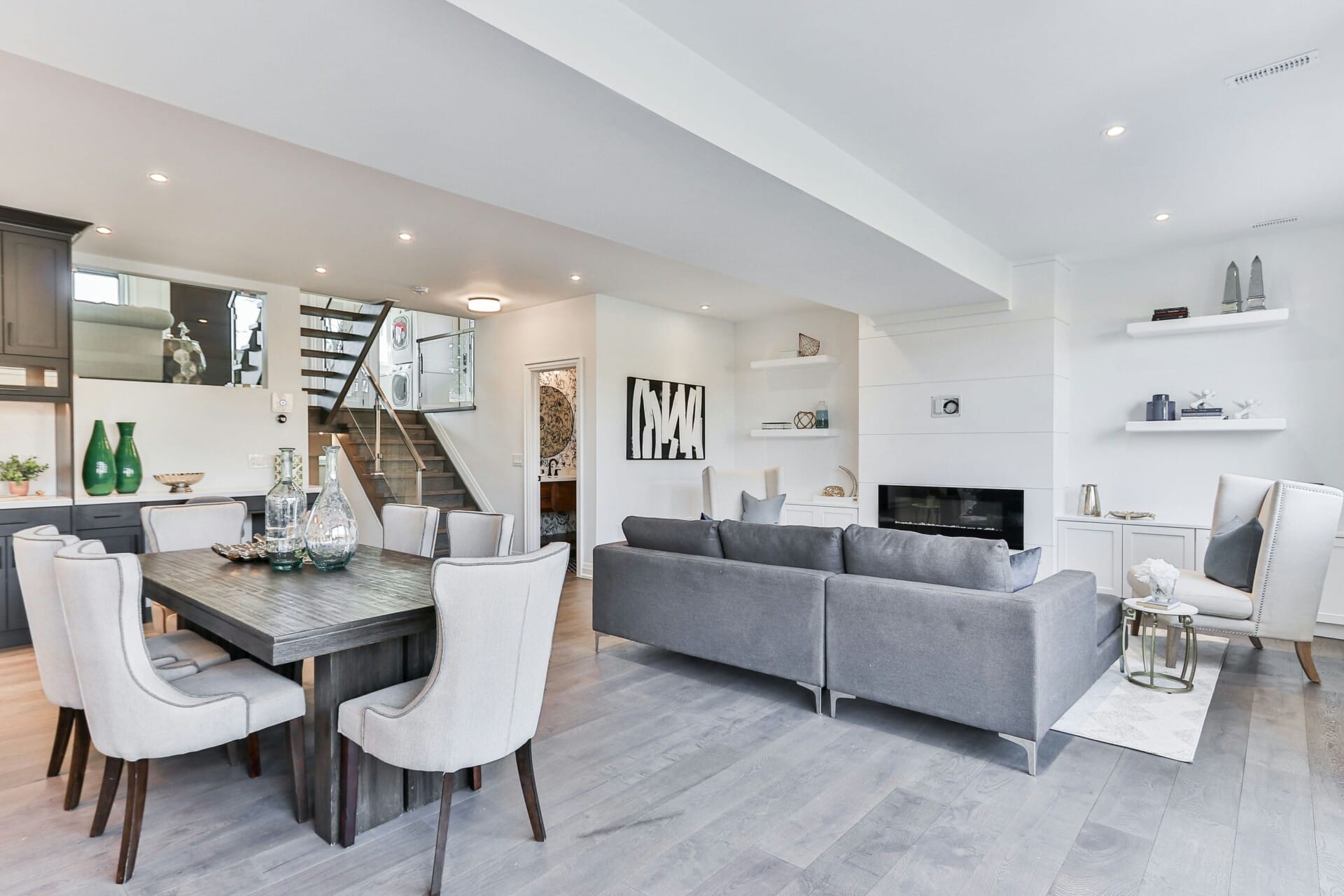
The Importance of a Well-Defined Timeline
Creating a well-defined timeline is crucial to avoiding chaos during your renovation journey. When homeowners plunge into renovations without a clear schedule, they often find themselves overwhelmed. A timeline acts as a roadmap, guiding you from the initial design phases through to the final brushstroke. It ensures that everyone involved—contractors, suppliers, and even family members—are on the same page, reducing misunderstandings and keeping the project on track.
Moreover, a timeline helps in managing expectations. Homeowners can easily underestimate how long each phase will take, leading to frustration. Think about it: delays often come from unexpected issues, like finding that your home plumbing needs major updates or facing delivery delays for materials. By setting realistic deadlines, you create a buffer for such surprises and shield yourself from the stress that comes when things don’t go according to plan. Here are some factors to consider when drafting your timeline:
- Planning Phase: Allocate time for design, permits, and sourcing materials.
- Construction Schedule: Break down the renovation into clear stages (demolition, construction, finishing).
- Review Points: Schedule regular check-ins to assess progress and address issues early.
Staying organized and maintaining a clear timeline can make all the difference. If you’re still unsure, consider utilizing tools like Gantt charts to visualize the project’s timing. Below is a simple example of what your timeline might look like:
| Phase | Duration | Details |
|---|---|---|
| Design & Planning | 2 weeks | Finalize designs and obtain permits. |
| Demolition | 1 week | Remove old fixtures and structures. |
| Construction | 4 weeks | Build new structures and complete major work. |
| Finishing Touches | 2 weeks | Paint, install, and furnish the space. |
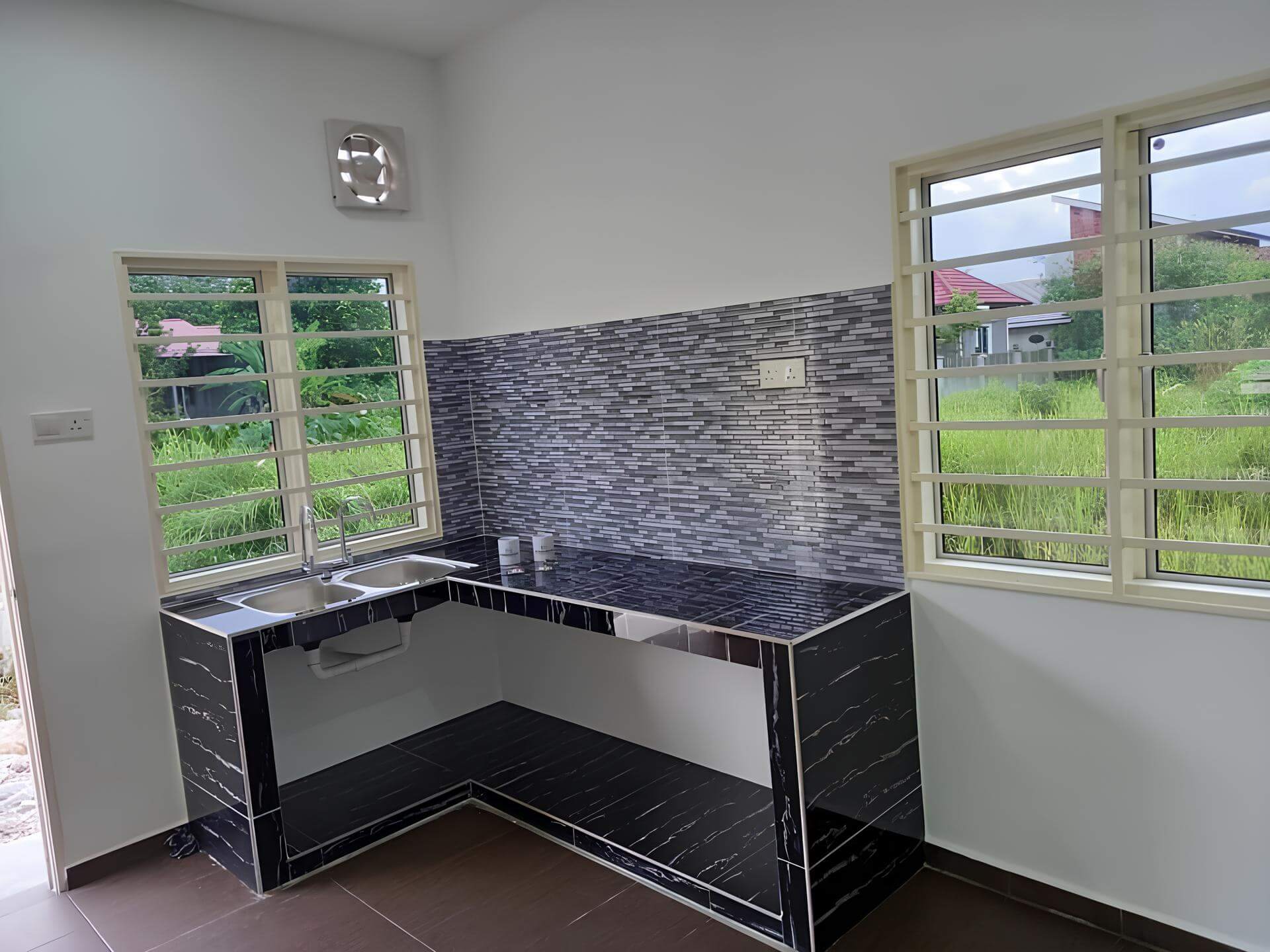
Engaging Qualified Professionals for Optimal Results
One of the most common missteps homeowners make during renovations is attempting to navigate the complex landscape of home improvement alone. Engaging qualified professionals can save you time, money, and a massive headache. These experts bring valuable experience and insights that can transform your vision into reality while ensuring compliance with local regulations. By consulting with architects, interior designers, and skilled contractors, you establish a solid foundation for a successful renovation project.
When you work with seasoned professionals, you gain access to their network of resources. From sourcing high-quality materials to obtaining necessary permits, these experts streamline the process, making it less daunting. Moreover, they can help you avoid common pitfalls — like selecting the wrong materials or underestimating timelines. It’s also essential to consider their past work and client feedback. Engaging someone with a verified track record guarantees that your home is in capable hands.
Communication is key! Setting clear expectations with your chosen professionals can further enhance your renovation experience. Here’s a quick table to guide you on how to effectively maintain that dialogue:
| Aspect | Tips |
|---|---|
| Regular Updates | Schedule weekly check-ins to discuss progress and adjustments. |
| Clear Budgeting | Discuss budget constraints upfront to avoid surprises. |
| Open Feedback | Encourage feedback from both sides to ensure alignment. |

Ignoring Structural Integrity and Building Regulations
When you’re knee-deep in a renovation project, it’s easy to get carried away with aesthetics and forget about the not-so-glamorous aspects like structural integrity and building regulations. You might think, “What’s the big deal? It’s just a wall!” But neglecting these critical elements can lead to disastrous consequences. Picture this: a newly renovated home that’s a beauty on the outside, but on the inside, it’s a ticking time bomb. Cracks in the walls? Sagging floors? You may think you’re saving money now, but those issues can lead to hefty repair bills down the road.
It’s essential to work with professionals who understand your local building regulations. Whether it’s getting the right permits or following safety codes, these regulations exist for a reason. They protect you, your family, and even your neighbors. By simply ignoring them, you’re not only jeopardizing your project’s safety but also making it harder to sell your home later. Buyers are keen on knowing that a house is up to code, and if it’s not, it could scare them away or slash your property’s value.
To keep your renovation on the right track, consider creating a checklist that includes:
- Consulting a structural engineer: They can help ensure your plans don’t compromise the building’s integrity.
- Obtaining necessary permits: This step is crucial to avoid fines or forced changes later.
- Regular inspections: Schedule these throughout your renovation to catch any potential issues early.
Staying informed and compliant not only leads to a safer living environment but also contributes to the longevity and value of your home. After all, a stunning renovation is only as good as its foundation!
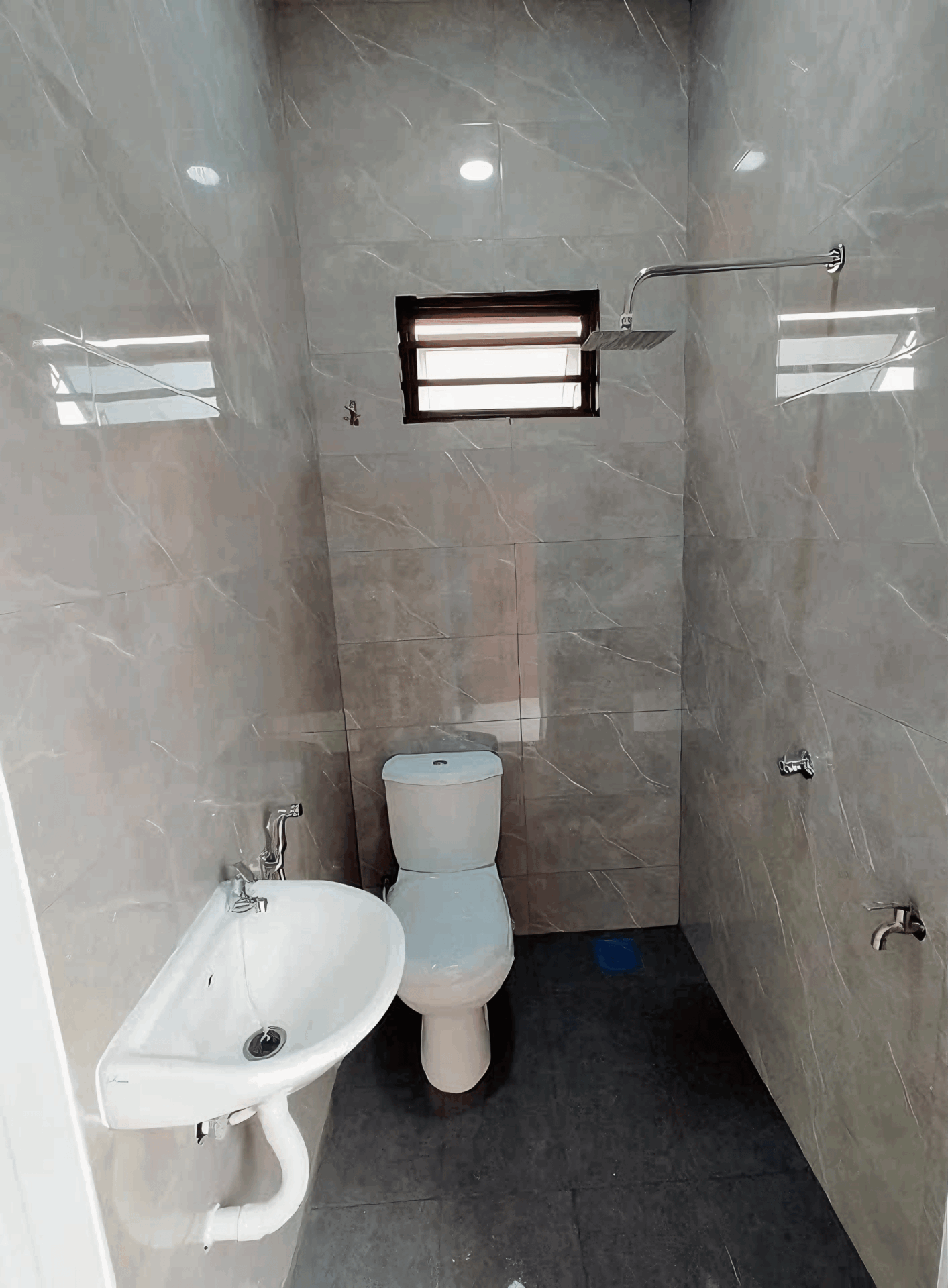
Prioritizing Aesthetic Over Functionality
In the pursuit of that Instagram-worthy home, many Malaysian homeowners get lost in the glitter of aesthetics, turning a blind eye to functionality. Sure, that stunning open-plan layout with sleek furniture looks fab in photos, but what happens when the pantry is too far from the dining area, or there’s no shade over your beloved patio? Prioritizing looks can lead to a house that’s gorgeous to behold but impractical for daily living.
It’s all too easy to fall into the trap of trendy design choices. Think about it: that minimalist kitchen with beautiful stone countertops might not be the best for handling cooking splashes, while those oversized glass windows can be visually stunning yet lacking in energy efficiency. Homeowners should balance aesthetics with practical aspects like maintenance ease, storage solutions, and ergonomics. By focusing solely on trends, you might end up decorating your home with pieces that look great today but aren’t built for life tomorrow.
| Aesthetic Features | Functionality Features |
|---|---|
| Stunning chandeliers | Energy-efficient lighting |
| Open shelves | Built-in cabinetry for storage |
| Luxurious textiles | Durable, easy-to-clean fabrics |
| Glass tiles | Non-slip floor materials |
Ultimately, it all boils down to creating a space that feels good and works well. When planning your renovation, make room for a conversation between form and function. Embrace the beauty of practical choices that align with your lifestyle—this way, you not only have a home that dazzles but one that supports your everyday needs.

Maximizing Longevity Through Smart Planning
When diving into home renovations, one of the biggest mistakes homeowners make is not planning for the long term. It’s easy to get caught up in the excitement of redesigning your space, but overlooking future implications can lead to regrets. Consider features that grow with your family. If you plan to have children or possibly accommodate aging parents, space that seems perfect now might not serve you down the road. Investing in adaptable designs today will not only save money later on but also enhance livability for years to come.
Another common pitfall is neglecting to set a realistic budget with a solid contingency plan. Too often, homeowners underestimate costs and end up making hasty decisions when funds run low. Consider these strategies for financial planning:
- Research material costs: Understand the market prices before you start.
- Get multiple quotes: Don’t go with the first contractor; shop around for the best deal.
- Set aside 10-20% for unexpected expenses: Renovations often come with surprises!
don’t underestimate the importance of proper permits and regulations. Skipping this step can lead to fines and required demolitions that hijack your renovation budget. Make sure to:
- Check local building codes: Know what is permissible in your area.
- Secure all necessary permits: This is crucial for large projects.
- Consult professionals: Experts can help navigate the paperwork.
Insights and Conclusions
And there you have it—the top 5 mistakes that can trip up Malaysian homeowners during renovations. We get it: renovating your home is exciting, but it can also be a bit overwhelming. By keeping these common pitfalls in mind, you can steer clear of unnecessary headaches and enjoy the process a whole lot more.
Remember, every renovation is a journey—yours is just getting started! Whether you’re creating your dream kitchen or a cozy living room, being informed can make all the difference. So take a deep breath, plan carefully, and don’t rush into decisions. With a bit of knowledge and a clear strategy, you’ll not only avoid these mistakes but also ensure your home turns out just the way you envisioned it.
Happy renovating, and here’s to creating a space that truly feels like home!












